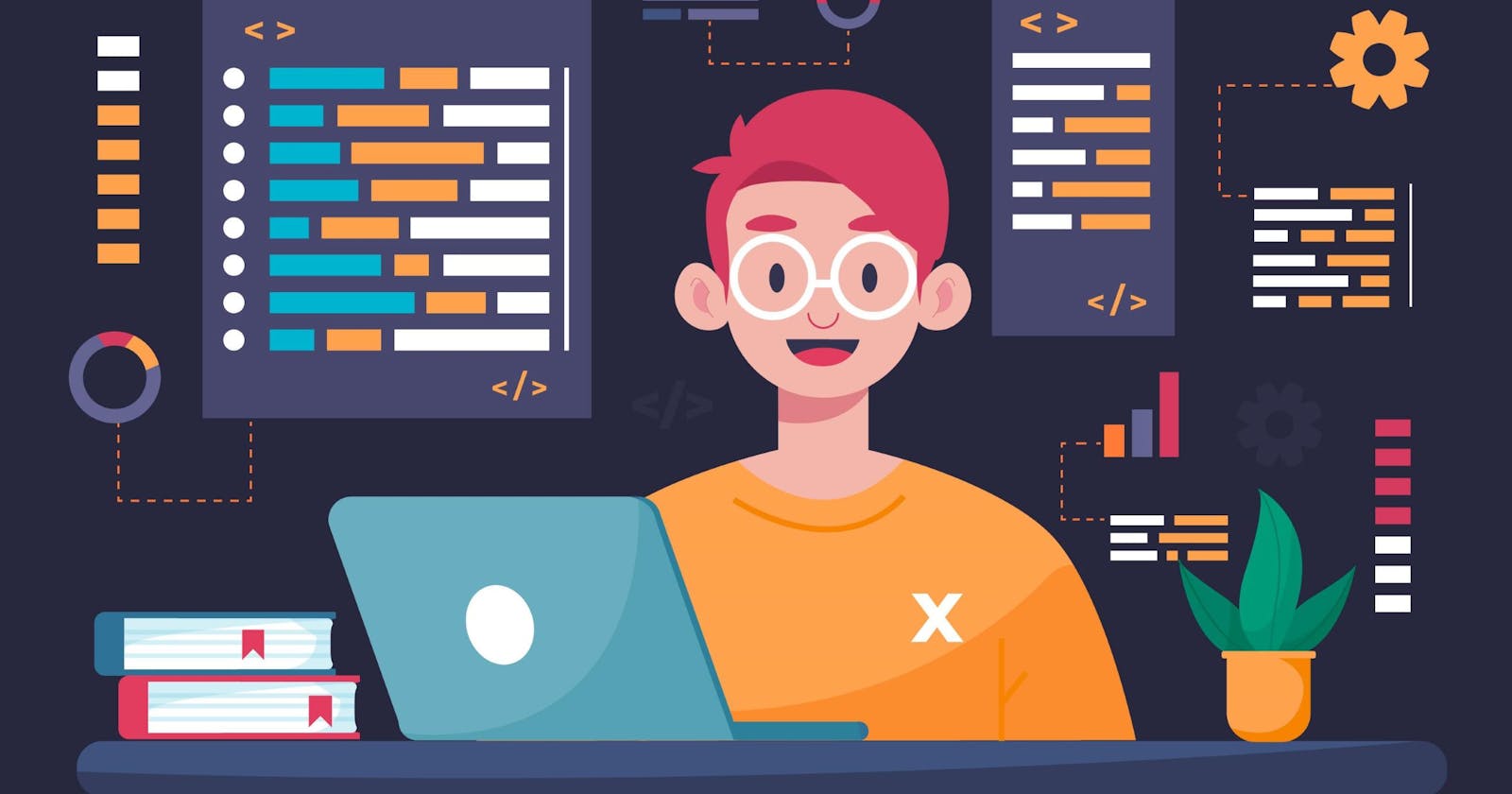Are you interested in web development but don't know where to start? Don't worry, you're not alone! Web development can seem overwhelming at first, but with the right resources and a structured roadmap, you can learn the skills you need to build your own websites and web applications.
In this blog post, we'll cover the basics of web development and provide a roadmap for beginners, along with some free resources and personalized experiences to help you get started.
What is web development?
Web development is the process of building websites and web applications. It involves a combination of programming languages, frameworks, and tools to create interactive and dynamic web pages that can be accessed by users on the internet.
Web development can be divided into two main categories: front-end development and back-end development. Front-end development involves building the user interface and user experience of a website or web application, while back-end development involves building server-side logic and database interactions.
Roadmap for beginners
If you're new to web development, it can be difficult to know where to start. Here's a roadmap that can help you get started:
1. Learn HTML and CSS
HTML and CSS are the building blocks of web development. HTML is used to create the structure and content of a web page, while CSS is used to style and layout the content.
There are many free resources available online to learn HTML and CSS, including:
2. Learn JavaScript
JavaScript is a programming language that is used to add interactivity and dynamic behavior to web pages. It is an essential skill for front-end development.
There are many free resources available online to learn JavaScript, including:
3. Learn a front-end framework
Front-end frameworks like React, Angular, and Vue.js can help you build complex web applications more efficiently. They provide a set of pre-built components and tools that can be used to create responsive and interactive user interfaces.
There are many free resources available online to learn front-end frameworks, including:
4. Learn a back-end language and framework
Back-end development involves building the server-side logic and database interactions of a web application. Popular back-end languages include Python, Ruby, and Node.js, while popular back-end frameworks include Django, Ruby on Rails, and Express.js.
There are many free resources available online to learn back-end development, including:
5. Build a project
Once you have learned the basics of web development, it's time to build a project! This is where you can apply your skills and create something that you're proud of.
There are many free resources available online to help you build a project, including:
Personal experiences
Learning web development can be a challenging but rewarding experience. Here are some of my personal experiences that can help you stay motivated and engaged:
1. Join a community
Joining a community of like-minded individuals can help you stay motivated and engaged in your learning journey. There are many online communities for web developers, including:
2. Attend a meetup or conference
Attending a meetup or conference can help you connect with other web developers and learn from experts in the field. There are many web development meetups and conferences around the world, including:
3. Find a mentor
Finding a mentor can help you get personalized guidance and feedback on your learning journey. There are many online mentorship programs for web developers, including:
Conclusion
Web development can be a challenging but rewarding skill to learn. By following a structured roadmap and using free resources, you can build the skills you need to create your own websites and web applications.
Good luck on your learning journey!
